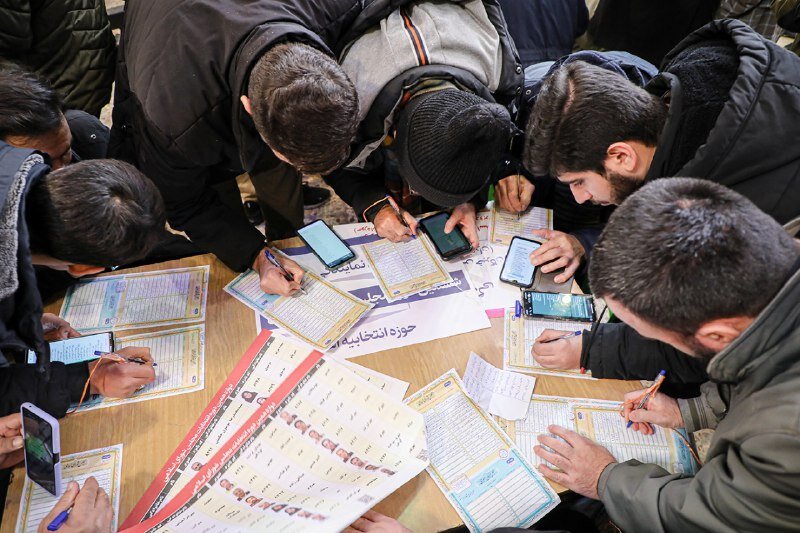Iranians rebuff electoral boycott calls

TEHRAN - Before the voting day had even arrived in Iran, Western media outlets became awash with reports and analyses predicting that Iranians would not turn up at the polling stations this year.
Headlines such as “Iran braces for low election turnout”, “Iranians expected to shun elections”, and “low turnout and boycott expected”, were how the stenographers of politicians in the West decided to speak of Iran’s March 1 elections. However, none of these renowned media outlets managed to come up with substantial data or polling information to support their claims.
The truth of the matter is that media outlets shepherded by Western political circles weren't aiming to engage in journalism. Rather, they were striving to craft a script for Iran's elections and then through their proxies on Persian-language television channels such as Iran International and BBC Persian, cast the Iranian populace as actors.
Many anti-Iran figures living abroad also went to great lengths to discourage Iranians from voting. “If people boycott the elections, we can pressure Western states to give us more funds and impose more sanctions on Iran at the same time,” said an infamous terrorist and Kurdish separatist in a leaked audio.
But on Friday as the Tehran Times took a look at the voting stations in the bustling capital, it seemed that most of those efforts in the past weeks had been in vain.
“I have some family members abroad that asked me to refrain from voting. I told them that not voting is not going to solve anything. We need to exercise our right to vote to make sure we have a say in Iran’s future,” a voter, 38-year-old Zahra, told the Tehran Times.
“I think Iranians abroad are more prone to getting their minds plagued by Western propaganda. Look at what’s happening in Gaza. How could one believe that the West cares about us?” she said, adding that though she has “some disagreements” with the government she would still not engage in what Western states are hoping her to do.
Many Iranians seemed to be of the same mind as Zahra on the voting day. The spokesman for Iran’s Guardian Council told reporters on Friday that he thinks more people have turned up for this year’s parliamentary and Assembly of Experts elections than in previous years.
“We have to wait until the polling stations are closed to announce the data. But so far, our observers have told us that more people have voted compared to the previous years,” Hadi Tahan Nazif asserted.
Though conservatives are expected to win an overall majority in both the 290-seat parliament and the 88-seat Assembly of Experts, their rival factions also showed active participation in the March 1 elections.
Former Iranian President Hassan Rouhani who was disqualified from running in the elections was photographed voting with a big smile on his face. His fellow reformist colleagues like former Foreign Minister Javad Zarif were also seen casting their ballots near their residences.
“We vote because we are citizens of this country. Every time we united, we got to disappoint our enemies,” said Abdolnaser Hemmati, former Governor of the Central Bank of Iran, who lost to Ebrahim Raisi during the 2021 presidential election.
The Iranian government announced on Friday that it was extending voting time for the 40th round of elections held since the victory of the Islamic Revolution in 1979 which means that Iranians once again decided to put aside their differences and show up for their country.
Leave a Comment